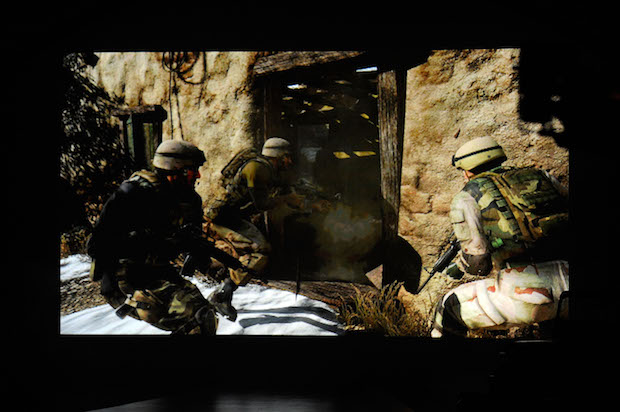Does a near-death experience make you a better person? This is something I’ve been thinking about on and off since my pulmonary embolism. Initially, it hadn’t occurred to me that a PE was a big deal. But the research that I’ve done since suggests that these things aren’t unserious. My seen-it-all ex-army GP, for example, was properly impressed. As too have been the various people I know whose friends and relatives have died of them, one a 23-year-old girl who succumbed after breaking her ankle while walking on the moors. So yes, as my fellow ‘survivors’ keep telling me, I should be grateful for my lucky escape — and perhaps see it as a heaven-sent opportunity to put my life into perspective.
What I can’t work out at this stage, though, is whether the experience has really changed me — or whether I’m just inventing it because I feel it’s what I ought to do and I’m a bit of a drama queen.
One effect is that I’ve been dedicating a lot more time to playing Call of Duty, Saints Row 2 and Medal of Honor on the Xbox. The Afghanistan sequences in the latter are just amazing, especially when you’re in a US infantry unit moving up a valley swarming with Taleban, and you cover one another, keeping the enemy pinned down, being careful to conserve ammo because if you don’t you’re stuffed a bit later when you have to hold out in a crumbling outpost against hordes of RPG-toting al-Qaeda.
In the past I would have felt guilty about this spectacular waste of life. Now it causes me no qualms whatsoever because a) I’ve decided that it’s an important form of therapy, and b) I’ve remembered how very much I enjoy playing video games and, now I realise how precarious existence is, it seems quite wrong to deny myself so vital a pleasure.









Comments
Join the debate for just £1 a month
Be part of the conversation with other Spectator readers by getting your first three months for £3.
UNLOCK ACCESS Just £1 a monthAlready a subscriber? Log in